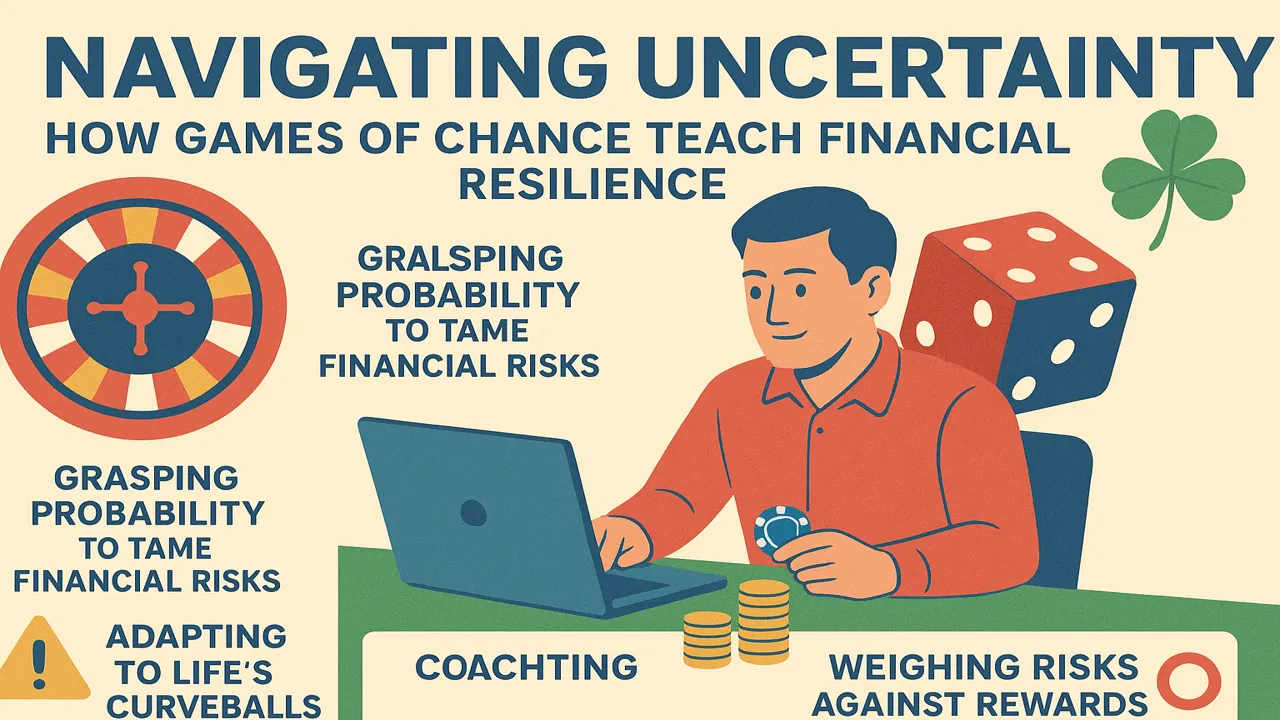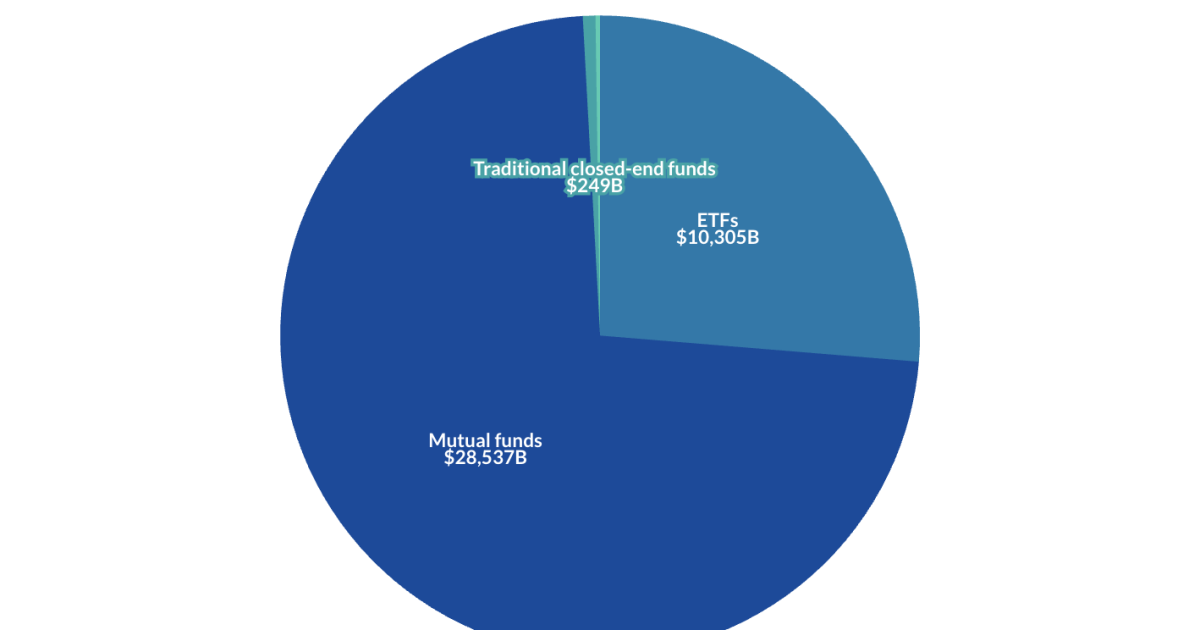Life seldom goes in a straight line. Uncertainty in personal events, job shifts, or the economy needs toughness. When it’s about handling money, a clear head and calm hand are key. Fun games of luck, often seen as just fun, can be a shocking place for learning financial toughness. These games mix chance with planning; they show useful lessons about odds, r͏isk control, and feelings management Places like Big Lucky India make these lessons real, giving fun tasks where players must check chances, handle tools, and think steady—skills that are much like guiding through market ups and downs.
As we move into 2025’s tricky money scene where rising prices, changing job fields, and worldwide unknowns rule these lessons become more important than ever. Let us look at how games of luck help improve money skills and get us ready to deal with life’s surprises.
Grasping Probability to Tame Financial Risks
In the center of each game of luck is chance. Players always think about the chances of winning, losing or getting back to even. Over time this builds a natural sense for figuring out odds—a skill that moves right to money matters.
For instance, when you toss dice, you soon see that some results happen more often than others. Likewise, when you put money into things, certain items have better chances for steady gains than riskier ones. Just like figuring odds helps guess possible wins in a game it helps to look at chances when planning budgets buying insurance or picking safer money tools.
Playing games based on luck helps to create this natural way of thinking. It gives people the strength to wonder: What are the odds of this money choice working out? What could go wrong? These are the same thoughts a buyer thinks about before getting a risky share or agreeing to a big loan.
Growing Self-Control By Careful Choices
One of the tough parts of money handling is having self-control. Games of luck need this skill from the first play. Good players know when to take a break, when to up the bets, and when to stop—choices that reflect real-life money habits.
Think about a person playing a card game with a fixed budget. If they follow every loss quickly, they use up their money fast. The same idea works for personal money: spending too much on lifestyle wants or using savings for short-time wishes can mess up future safety.
Playing a game with limits gives a safe, easy way to build habits that carry over into real life money management. It helps people stay away from debt problems, say no to sudden buys, and stick to saving plans – making sure choices match long-term peace instead of passing wants.
Adapting to Life’s Curveballs
If games of luck show one clear fact, it’s that results can shift in a flash. A lucky run can break, or a bad series might quickly turn back. Keeping calm during such changes is an important skill not only in games but also in life.
Money wise, this lesson is worth a lot. Market falls, job cuts, health issues, or surprise costs often hit without notice. In these times panic can cause bad choices. But those who have taught themselves to stay cool when things get tough—just like they would in a random game—are more ready to change
For example, when money loses worth fast, a st͏rong person can change plans by moving funds around, trimming extra costs or paying attention to savings for emergencies. The skill to redo ideas without breaking under pressure is the sign of financial strength.
Weighing Risks Against Rewards
Each match of luck is really a way in mixing danger and gain. Should you make a big bet with a large chance for win or stay with a safer choice? This choosing process is very like money planning.
Think about a person thinking of putting money in bumpy digital coins or safe bank savings. Just like a gamer needs to ask if a daring act is worth the chance of losing, buyers need to think if big gains make up for the related danger.
Games sharpen the feeling by making fast, repeated looks at risk and reward. As time goes on this builds skill to make measured choices about saving, investing or even borrowing— in the end guiding smarter money plans.
Practicing Patience for Lasting Wealth
In both play and money, waiting is often the main thing for winning. Some plays give ͏gifts to those who hold on for the right time instead of going after fast wins. This looks a lot like long-term ways to build riches.
For example, things like shared funds, saving plans or land often need years to show big growth. The control to stick through market ups and downs, just like the calmness to wait in a game, makes strong strength. Also, steady saving- even if slow in growth- leads to more safety than risky fast ways
Games that give rewards for slow play help build the calm needed for lasting money growth, teaching people to look at the larger view instead of quick pleasure.
Turning Game Skills into Financial Wins
The abilities developed in games of luck—guessing odds, self-control, flexibility, weighing risks and gains, and waiting—create a set of tools for money success. They build routines that help with better spending plans varied investments and readiness for surprise costs.
For people looking for clear help, things like The Economic Times give smart views on money matters and ways to invest made for the Indian market. Mixing expert tips with useful lessons from games makes a full way to being strong with money.
Tips to Strengthen Your Financial Resilience
Make Clear Plans Define exact money goals—like making a safety fund or saving for when you stop working—like what the smart games need.
Make Risk Check Clearer Research money choices well, using chance skills to look at what might ha͏ppen.
Create Stretch: Make a plan that can take in sudden costs, influenced by the skill learned from playing games.
Keep Focused Use money apps or save tools to avoid quick buys and keep steady.
Try Waiting: Think about big goals and fight off the wish for fast wins, like you would in a plan game.
Interactive sites that mimic risk, like luck games, can work as fun training spaces. By using these ideas in real-life cash handling, people are more ready to deal with money trouble with calm and aim
Conclusion
Games of luck are often thought of just as fun, but they hold bigger lessons about dealing with not knowing. They help the mind to weigh risks, show self-control, change fast, make choices and be patient—all traits that strengthen money toughness. In a time marked by money surprises these skills aren’t optional; they’re must-have.
Similar to guiding through a game’s changing chances, handling cash in real life takes a mix of plan, calm, and sight. By seeing games of luck as more than just fun we find a strong set of tools for doing well in today’s unsure money world.


























